Pace Leadership in International Environmental Law
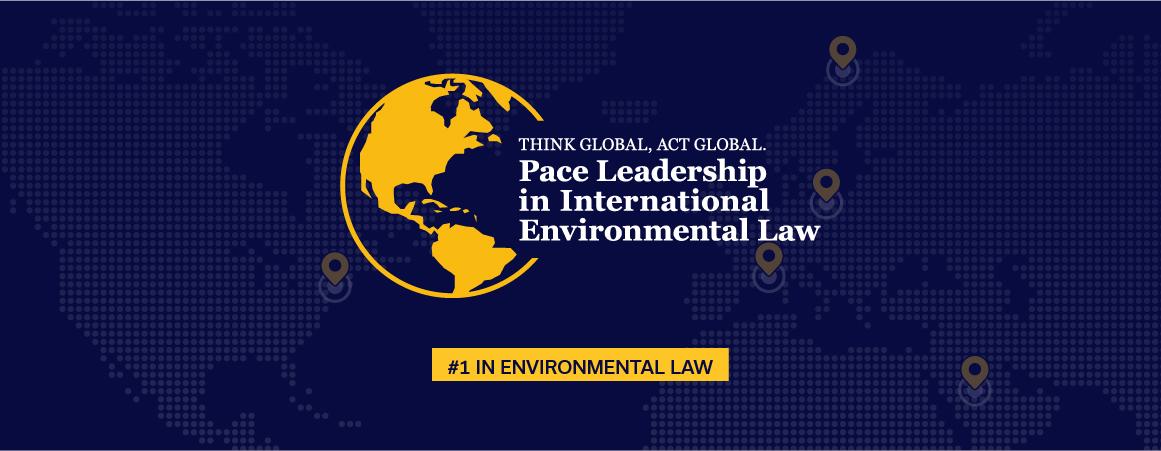
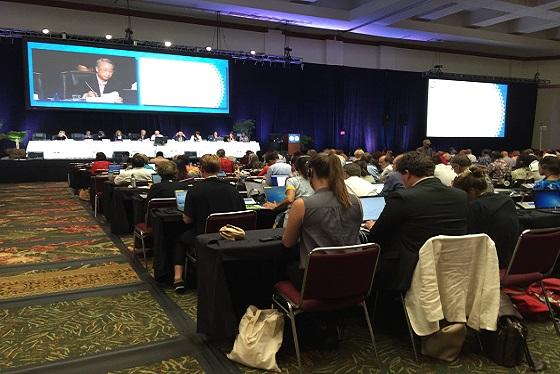
Pace Law Has Partnerships with the World's Leading Universities
Pace Law has exchange relationships with some of the top law schools in Asia, Europe, Australia, and South America. Under these agreements, Pace Law students may apply to study for a semester or full academic year at one of our partner schools.
At our artic partner school, UUiT-The Artic University of Norway, the northernmost university in the world, you can get an LLM in the Law of the Sea.

Our Alumni Make an Impact
Maria Antonia Tigre, LLM '14, SJD candidate, is just one of Pace Law's alums who are leading the way and impacting global environmental policy. Maria is an Environmental Attorney at the Cyrus R. Vance Center for International Justice and she recently published her book "Regional Cooperation in Amazonia: A Comparative Environmental Law Analysis," which provides a broad overview of the international, regional, and national laws applied to the Amazon rainforest and investigates efforts at regional cooperation for the protection of the Amazonian ecosystem, including an in-depth analysis of the Amazon Cooperation Treaty Organization (ACTO). Learning about comparative environmental law from Prof. Nicholas Robinson, Ms. Tigre discovered how the field can be “fascinating,” as different countries find different legal alternatives to similar problems, especially in a shared ecosystem as the Amazon rainforest.
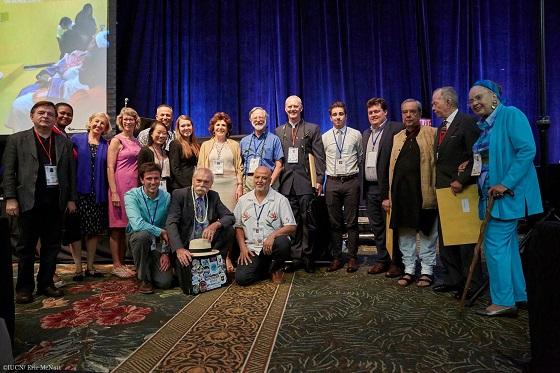
IUCN World Conservation Congress
Through the Global Center for Environmental Legal Studies, Pace Law has been a member of the International Union for the Conservation of Nature (IUCN) since 1982. The IUCN is the world’s largest conservation network; the Union brings together 170 countries, 90 States, 133 government agencies, more than 1,120 non-governmental organizations, and some 16,000 scientists and experts in a unique worldwide partnership, including legal specialists in the World Commission for Environmental Law. The Union’s mission is to influence, encourage and assist societies throughout the world to conserve the integrity and diversity of nature and to ensure that any use of natural resources is equitable and ecologically sustainable.
This year, Pace Law is further cementing our global impact by submitting nine motions for consideration at the IUCN World Conservation Conference. Pace Law is one of only two law schools in the United States that is a member of the IUCN and therefore has full voting rights on motions submitted to the conference. Decisions made at the conference have wide-reaching implications for environmental law and policy around the globe. The 2020 World Conservation Conference will be held in Marseille, France in June.
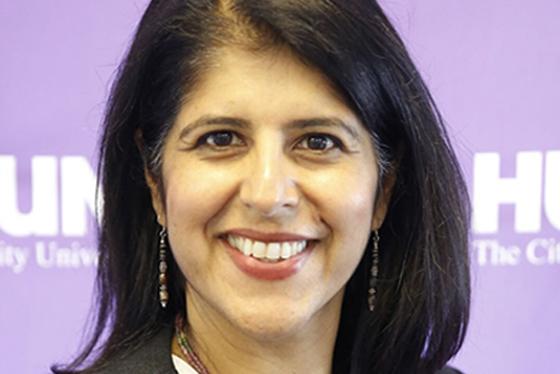
Internationally Recognized Faculty Making an Impact
Haub Professor of International Law Smita Narula played a pivotal role in the adoption of the UN Declaration on the Rights of Peasants (UNDROP), which was formally adopted by the General Assembly of the United Nations in 2018.
“Not only is [UNDROP] about ensuring peasant’s rights, but it’s also upholding peasant agriculture, which has enormous potential to increase agro-biodiversity, to sequester carbon, promote rural livelihoods and support the empowerment of women who are the majority of small holder farmers but who lack access to land and resources and face other forms of violence and discrimination,” says Haub Distinguished Professor of International Law at Pace Law School and Human Rights Lawyer & Advocate, Smita Narula. “It’s a historic moment where we recognize our humanity is bound up with the rights of peasants and where we get to come together and have a document that addresses some of the most pressing human rights and environmental challenges of our time and gives us a way to move forward.”
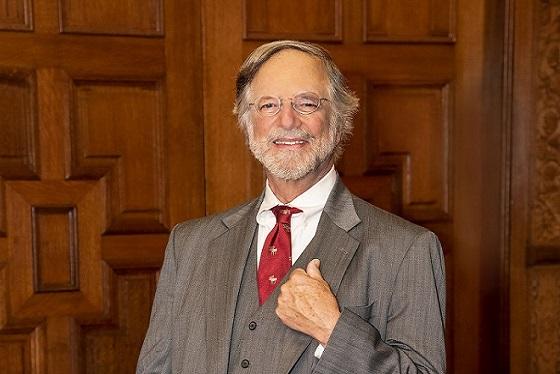
Impacting Established and Emerging Fields of Law
Professor Nicholas Robinson will lecture on Artificial Intelligence in The Hague at Odyssey’s Polaris event for the launch of its 2020 Hackathon held in April in Gronigen, Netherlands. His talk will focus on the use of AI to enable a tree or ecosystem to exercise their legal rights. Rivers currently have legal standing and in the future, AI can play a critical role to enabling the river defend itself and its ecological integrity.
